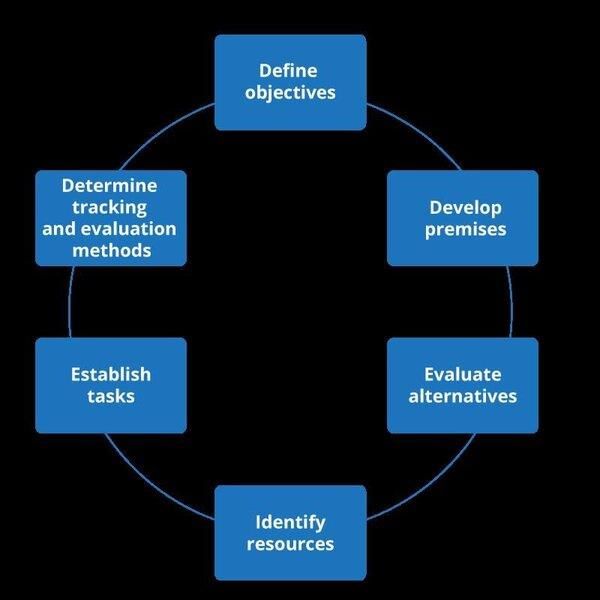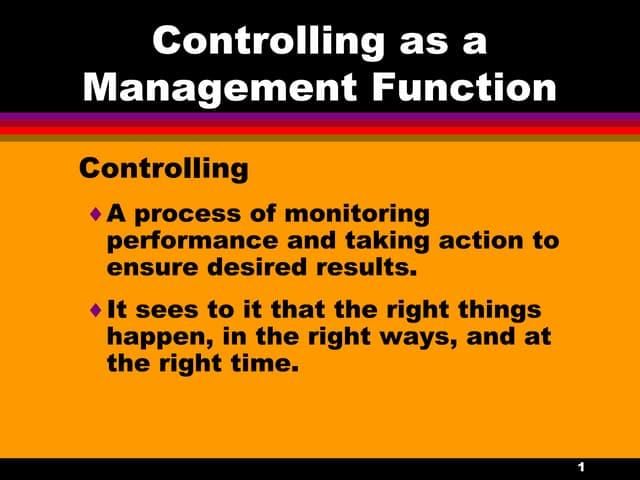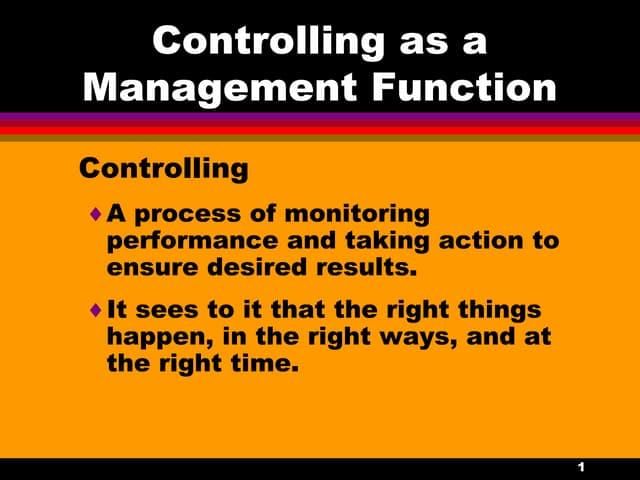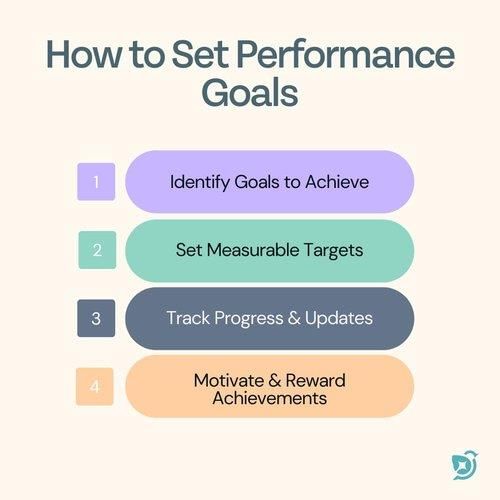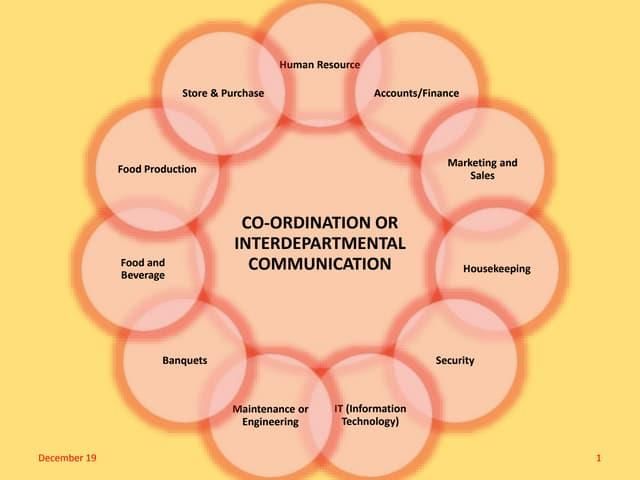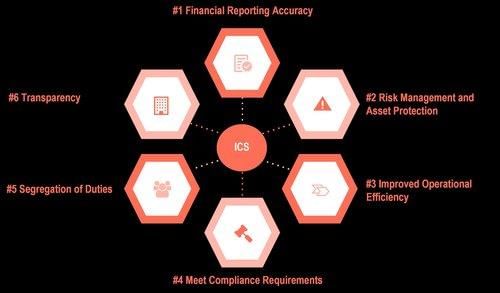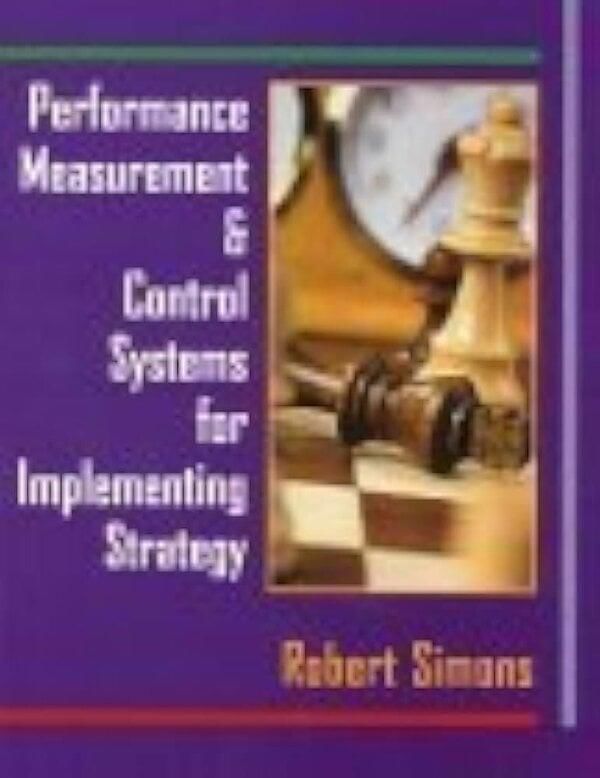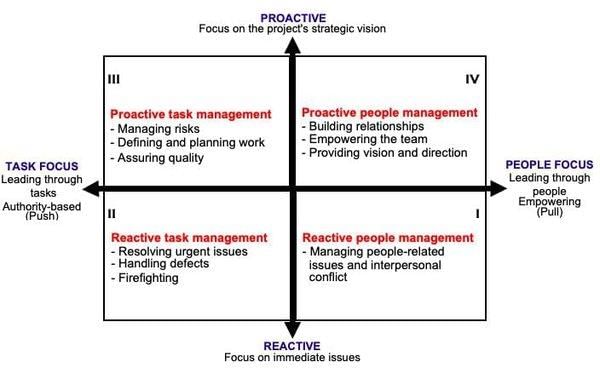|
To ensure that planned results are achieved by overseeing and regulating activities. 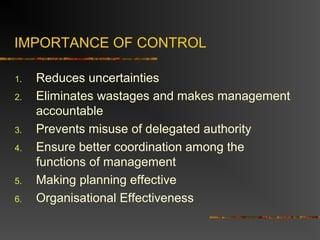 |
Card: 2 / 50 |
|
Controlling is essential at all managerial levels, including top, middle, and lower management. |
Card: 4 / 50 |
|
Fill in the blank: Controlling is not the final management function; it loops back to ___ to aid future planning. |
Card: 5 / 50 |
|
False. Controlling is indispensable across various sectors, including education, military, and healthcare. 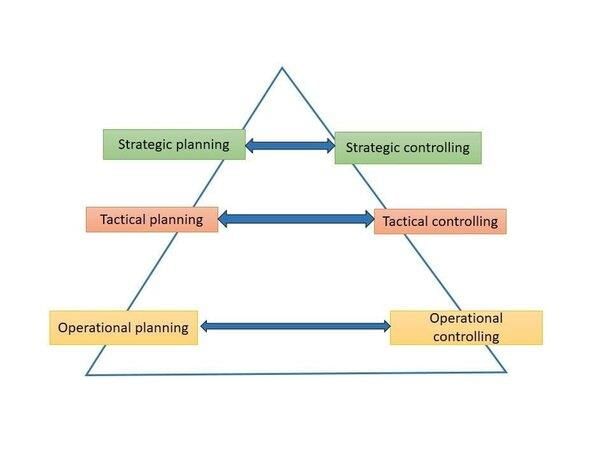 |
Card: 8 / 50 |
|
Riddle: I assess performance and identify deviations, helping refine future plans. What am I? |
Card: 9 / 50 |
|
Controlling involves ensuring efficient utilization of resources towards predetermined goals. 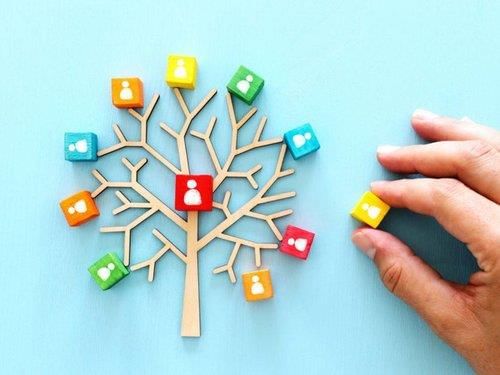 |
Card: 12 / 50 |
|
Fill in the blank: The process of identifying deviations and implementing corrective measures is part of the ___ function of management. |
Card: 13 / 50 |
|
Multiple Choice: Which of the following is NOT a function of controlling? A) Assessing performance B) Identifying deviations C) Developing new products D) Implementing corrective measures |
Card: 15 / 50 |
|
The main benefits include accomplishing organizational goals, judging the accuracy of standards, making efficient use of resources, improving employee motivation, ensuring order and discipline, and facilitating coordination in action. 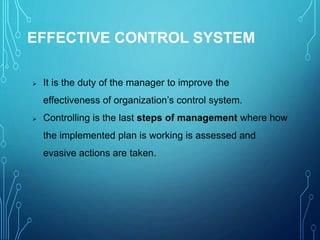 |
Card: 18 / 50 |
|
True or False: A good control system should not change standards even if there are internal or external changes. |
Card: 21 / 50 |
|
False. A good control system enables management to review and change standards when necessary. 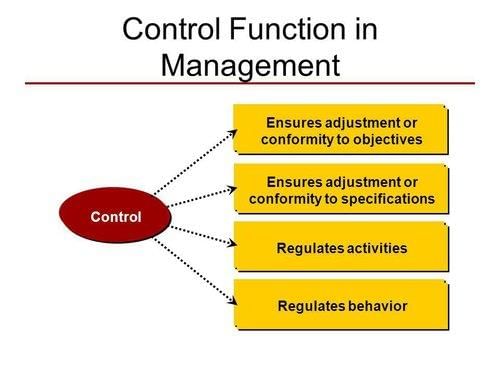 |
Card: 22 / 50 |
|
Riddle: I help reduce waste and ensure resources are used wisely, yet I am not a person. What am I? |
Card: 23 / 50 |
|
Fill in the blank: Setting clear performance goals helps to improve ___ among employees. |
Card: 25 / 50 |
 Unlock all Flashcards with EduRev Infinity Plan Starting from @ ₹99 only
|
|
Control creates a disciplined work environment by monitoring employee actions and ensuring accountability, which discourages dishonesty. 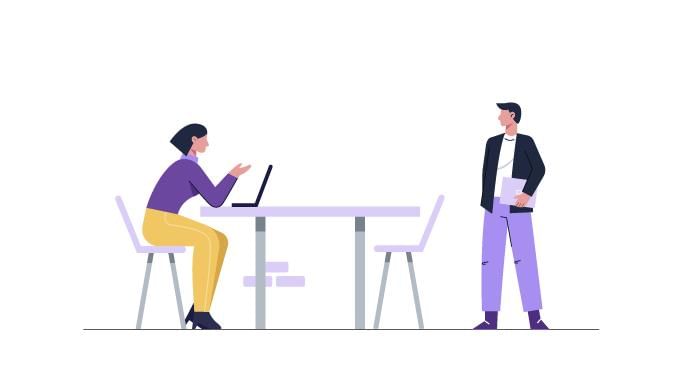 |
Card: 28 / 50 |
|
Which function of control ensures that different departments work together smoothly towards shared goals? |
Card: 29 / 50 |
|
Multiple Choice: What is NOT a benefit of an effective control system? A) Improving employee motivation B) Reducing waste C) Creating competition among employees D) Ensuring order and discipline |
Card: 31 / 50 |
|
What are the difficulties in setting quantitative standards for control systems? |
Card: 33 / 50 |
|
Control system effectiveness diminishes when standards lack quantitative definitions, making performance measurement and comparison difficult, particularly in areas like employee morale and human behavior. 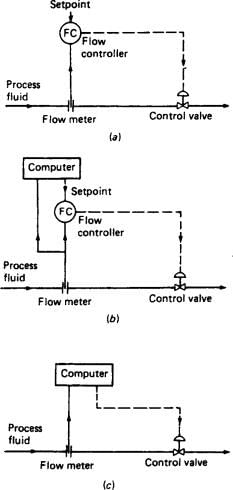 |
Card: 34 / 50 |
|
Fill in the blank: One significant limitation of control in enterprises is little control over ___ factors. |
Card: 35 / 50 |
|
True or False: Employees typically welcome control systems as they enhance their freedom and flexibility. |
Card: 37 / 50 |
|
False. Employees may resist control, viewing it as a restriction on their freedom. 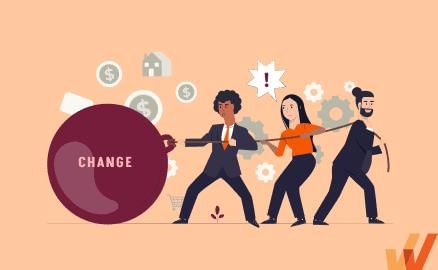 |
Card: 38 / 50 |
|
Control incurs significant costs in terms of expenditure, time, and effort, and small enterprises must ensure that these costs do not outweigh the benefits. 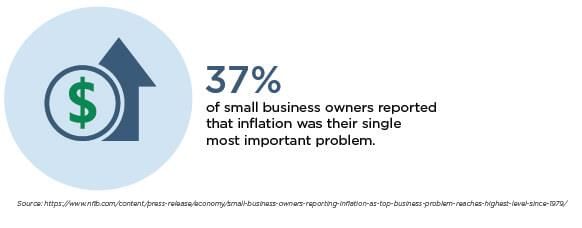 |
Card: 40 / 50 |
|
Riddle: I can measure performance but lack clear definitions, I can be costly yet essential. What am I? |
Card: 41 / 50 |
|
The primary purpose of controlling in management is to check progress against the plan, assess performance, identify deviations, and take corrective actions to ensure alignment with the organizational goals. 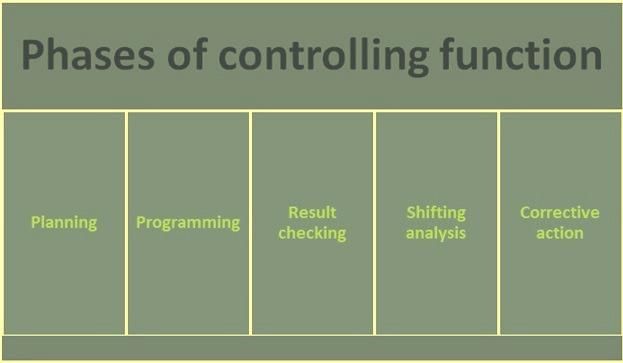 |
Card: 44 / 50 |
|
Fill in the blank: Planning is a ___ process that involves thinking strategically, while controlling is a ___ process that checks if decisions are made as intended. |
Card: 45 / 50 |
|
True or False: Controlling can effectively function without any prior planning. |
Card: 47 / 50 |
|
False; controlling relies on predefined standards established during the planning phase to be effective. 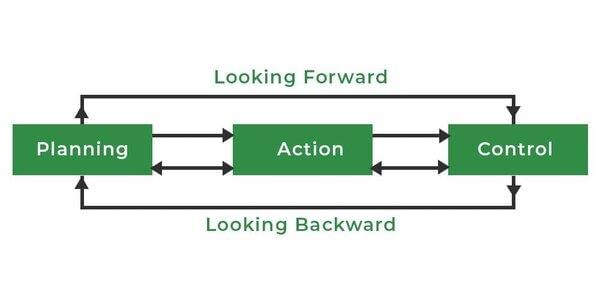 |
Card: 48 / 50 |
|
Riddle: I guide you to your goals, providing direction and standards, but without me, your progress can be hard to measure. What am I? |
Card: 49 / 50 |





